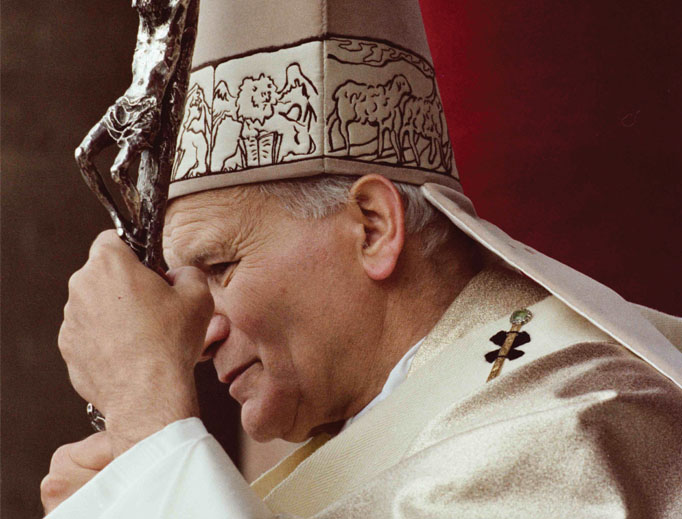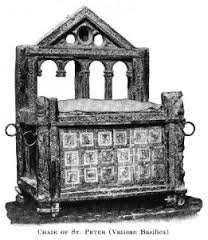“Christ became obedient for us even to death, death on the Cross. Therefore God raised him on high and gave him a name above every other name” (Gospel acclamation).
We have used these words of the Apostle Paul, just heard in the Second Reading, as our acclamation before we begin the reading of the Passion. They express our faith: the faith of the Church.
However, faith in Christ can never be taken for granted. The reading of his Passion sets us before Christ, living in his Church. The Easter Mystery that we will relive during the days of Holy Week is always present. Today we are contemporaries of the Lord and, like the multitude in Jerusalem, like the disciples and the women, we are called to decide if we are to be with him, or flee, or just be spectators at his death.
Every year in Holy Week the curtain rises once again on the great scene in which the definitive drama is decided, not only for one generation, but for all humanity and for each one.
4. The Passion narrative points out the fidelity of Christ, contrasted with human infidelity. In the hour of his trial, while the disciples and even Peter abandon Jesus (cf. Mt 26,56), He remains faithful, willing to pour out his blood to bring to fulfilment the mission the Father has entrusted to him. Beside him is Mary, silent and suffering.
Dear young people! Learn from Jesus and from his and our Mother. The real strength of a man lies in the fidelity of his witness to the truth and in his resisting flattery, threats, misunderstandings, blackmail, even harsh and relentless persecution. This is the path on which our Redeemer calls us to follow him.
(From the Passion Sunday sermon of Pope Saint John Paul II, 2002).












